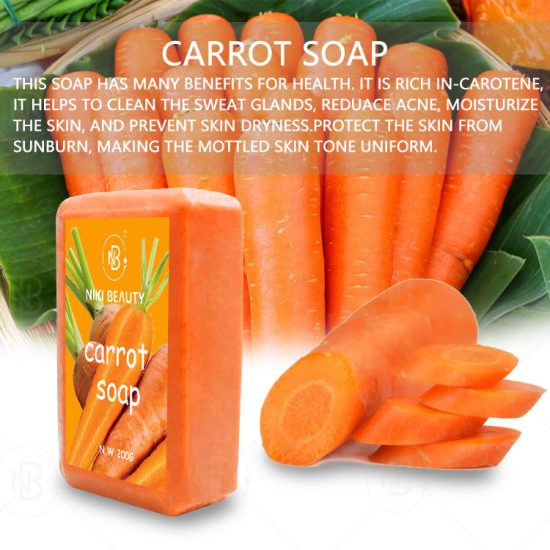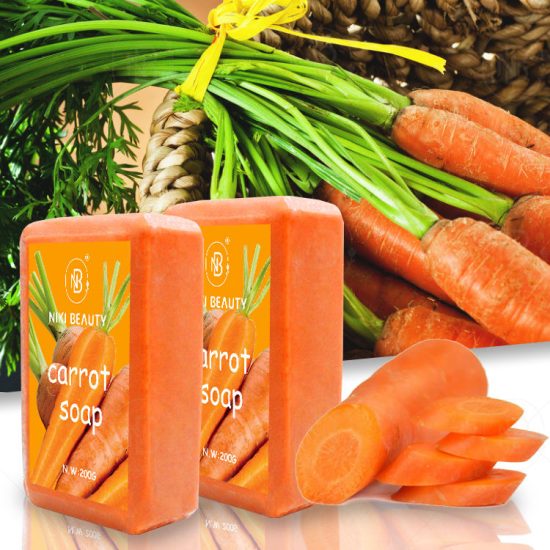Introduction:
As concerns grow over the safety and environmental impact of antibacterial soaps, many individuals are seeking natural alternatives for their hygiene routines. But do these natural options hold up in terms of effectiveness? In this article, we will explore the world of natural alternatives to antibacterial soaps and evaluate their efficacy.
The Rise of Natural Alternatives
Natural alternatives to antibacterial soaps have gained popularity in recent years, driven by concerns over the potential risks associated with synthetic antimicrobial agents like triclosan. These alternatives often rely on naturally derived ingredients and have a gentler impact on both the skin and the environment.
1. Tea Tree Oil
Tea tree oil, derived from the leaves of the Australian tea tree, is known for its natural antibacterial properties. It has been used for centuries as a remedy for various skin conditions and can be found in a wide range of natural soap products. Tea tree oil has shown effectiveness against bacteria, fungi, and even some viruses.
2. Castile Soap
Castile soap is a gentle, plant-based soap made primarily from olive oil. It is a versatile natural cleanser that can be used for everything from handwashing to body wash. While it may not have the same powerful antibacterial properties as synthetic agents, it effectively removes dirt and bacteria through proper handwashing.
3. Eucalyptus Oil
Eucalyptus oil, obtained from the leaves of eucalyptus trees, possesses natural antiseptic properties. It is often used in natural soaps and can provide an added layer of protection against bacteria.
4. Witch Hazel
Witch hazel is a natural astringent derived from the bark and leaves of the witch hazel plant. It is known for its ability to cleanse and soothe the skin. While not as potent as synthetic antibacterial agents, witch hazel can help maintain skin hygiene and prevent minor skin irritations.
Effectiveness vs. Synthetic Antibacterial Soaps
While natural alternatives may not be as potent as synthetic antibacterial soaps, they can still be effective in everyday hygiene routines. Proper handwashing technique, including thorough scrubbing and sufficient duration (at least 20 seconds), is essential for achieving cleanliness and removing bacteria, regardless of the type of soap used.
Environmental Considerations
One significant advantage of natural alternatives is their reduced impact on the environment. Synthetic antibacterial agents like triclosan can persist in the environment and harm aquatic ecosystems. Natural ingredients are biodegradable and pose fewer environmental risks.
Conclusion: A Natural Approach to Hygiene
Natural alternatives to antibacterial soaps offer a safer and eco-friendly option for those concerned about the potential risks associated with synthetic agents. While they may not provide the same level of antibacterial action, their effectiveness, when used correctly, is sufficient for everyday hygiene. Ultimately, the choice between natural and synthetic soaps should align with your values and priorities, whether that’s environmental sustainability, personal health, or both.


